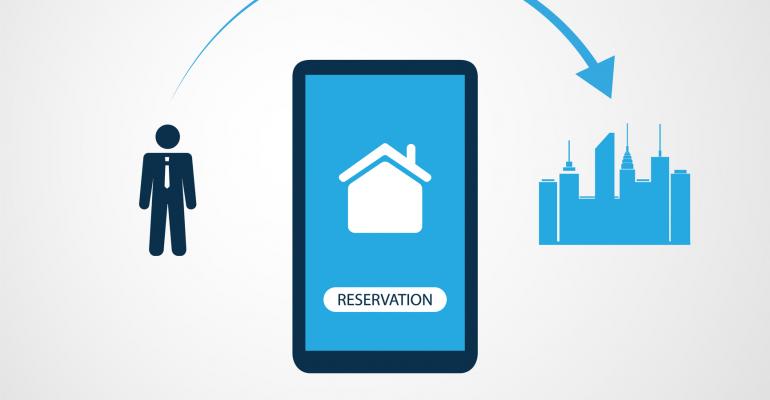Last week, a new study by British accounting firm Moore Stephens found that in London there are 64,000 Airbnb listed lodgings compared to 197,970 hotel rooms. That means that more than one-third of visitors to the U.K. capital at any one time could be staying in an Airbnb. The study found significant percentages for Airbnb listings versus hotel rooms in other British cities too, including Brighton and Bristol.
Approximately two million people stay in Airbnb properties each night, and there are listings in 191 countries. Clearly, after ten years of explosive growth, Airbnb is here to stay. New categories, such as Airbnb Plus for luxury stays and the Airbnb for Events tool for meeting planners, both of which were introduced this year, may be narrowing the gap between hotel rooms and Airbnb lodgings in the minds of your conference attendees. This is only going to increase the challenges for your room block, as attendees see Airbnb as a viable alternative.
Local authorities have slowly been passing legislation to increase taxation on Airbnb hosts. Last week, New Jersey Governor Phil Murphy signed the “Airbnb Bill” to make Airbnb liable for hotel occupancy fees beginning October 1. Other municipalities in New Jersey will now be able to impose other fees on Airbnb stays, such as a tourism sales tax in Cape May and a promotion fee and luxury tax in Atlantic City. Click here to see tax liabilities and remittances for Airbnb hosts in each state. But while this type of legislation may level the playing field between hotels and home sharers contributing to state coffers, it does nothing to address safety and security.
When Airbnb introduced the “Plus” luxury category for properties that have been inspected on a 100-point scale, Troy Flanagan, vice president of government affairs for the American Hotel and Lodging Association, dismissed the inspection saying, “If Airbnb wants to enter the hoteling business, then it needs to be regulated, taxed, and subject to the same safety compliances and oversight that law-abiding hotel companies adhere to each and every day.”
A study on the Asher & Lyric site found some hair-raising stories of safety issues associated with home-sharing sites, but even if your attendees are not at risk from kidnapping or insect infestations, basic safety measures such as fire exits, sprinkler systems, and carbon monoxide detectors are not required by Airbnb.
So, why would your attendees prefer to stay in an Airbnb?
A new loyalty program might make it attractive for travelers who want to rack up points for vacations.
Sometimes people with dietary restrictions prefer to cook for themselves. Providing information in your registration materials about vegan or gluten-free F&B options at the conference as well as the availability of hotel rooms with kitchenettes may keep guests within the room block.
Despite the increased tax liability for home-sharing lodging, your attendees may still find Airbnb cheaper. That financial difference may be lost when attendees have to find their own transport to and from official venues, so make it clear at registration where shuttle buses are available. Also, emphasize in the accommodation information that your organization is not liable in any way for lodging outside the room block.





